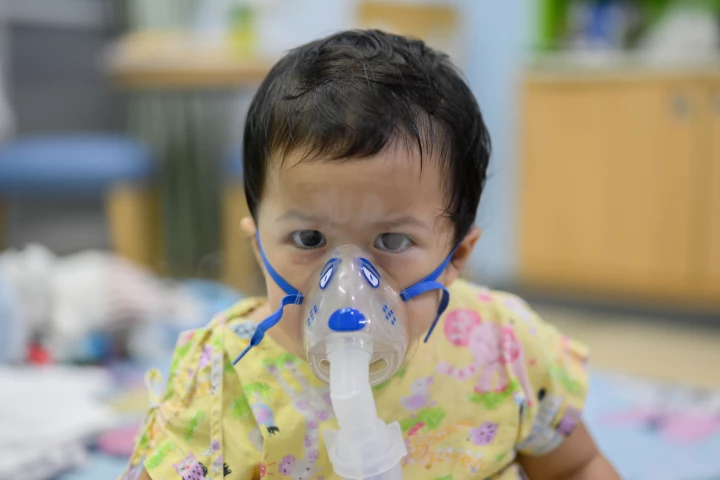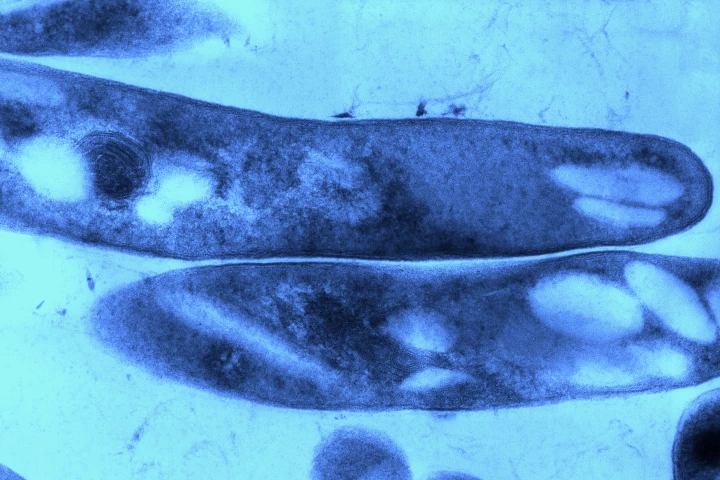Tulane University
-
Coffee is one of the most widely consumed psychoactive substances on the planet, yet despite more than two billion cups being drunk each day, its impact on heart health remains surprisingly complex – and often misunderstood. This year we got answers.
-
In a major brain science breakthrough, researchers discovered a nerve signaling mechanism that takes place outside the cell, flipping on a 'pain switch.' This could shed light on a path to safer pain medication without the usual side effects.
-
A study examined how managing multiple heart disease risk factors reduced the likelihood of premature death faced by people with high blood pressure. Its findings highlight the need for a broad approach to preventing or treating hypertension.
-
From fighting memory decline to warding off some cancers, drinking coffee continues to emerge as a way to improve your health. Now, a new study says that the time of day during which you drink your daily brew is key to boosting some of its effects.
-
New research has proved for the first time that RSV infection, common in young children, can penetrate nerve cells and may lead to nerve damage. The findings underscore the possible long-term effects of RSV and the importance of preventive measures.
-
A new study has found that frequently adding salt to food can increase the risk of developing type 2 diabetes by as much as 39%. The researchers recommend hiding the saltshaker or replacing it with low-sodium alternatives.
-
The health benefits of a meat-based versus a plant-based diet are often hotly debated. A new study adds another checkmark to the plant-based column though, as it loops in the environmental impacts of choosing paleo or keto diets over veganism.
-
For studies on insect-borne diseases, many a human has sacrificed an arm in a tank full of mosquitos. Now, a new artificial skin filled with real blood might spare humans the itchy bites, while providing a greater insight into mosquito behavior.
-
A study in Nature Communications using nonhuman primates found SARS-CoV-2 infection, regardless of disease severity, can lead to neuroinflammation and small bleeds which may account for many of the neurological symptoms reported by patients.
-
Klebsiella pneumoniae is a nasty bacteria that can cause pneumonia. It’s a tough one to fight, but now researchers have developed an inhalable vaccine that, in mouse tests, can invoke a strong immune response against several strains of the bacteria.
-
Because it can be hard to detect tuberculosis in young children, the disease may be quite advanced by the time it's diagnosed. A new test, however, is said to detect the presence of TB-causing bacteria up to a year before the disease itself occurs.
-
A new type of hybrid solar energy converter can use energy from the Sun to create both electricity and steam. The device reportedly has high efficiency and runs at low cost, allowing industry to make use of a wider spectrum of solar energy.
Load More











